blog-special
Sweet Dreams
Posted on March 7, 2024 11:46 AM
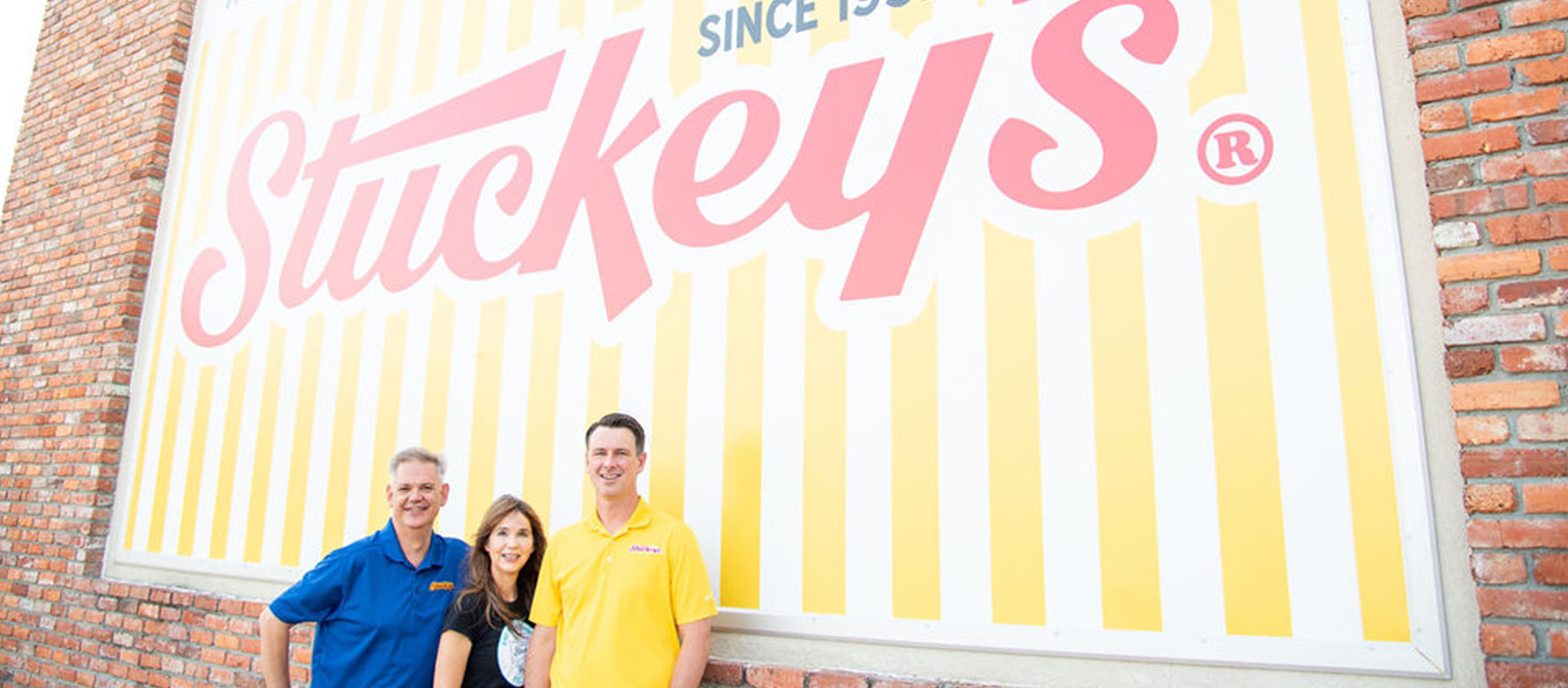
At the height of its success in the 1960s, Stuckey’s was an empire of roadside respite. Nearly 370 stores were scattered across more than 30 states, offering motorists clean bathrooms, souvenirs and pecan log rolls all under their famous blue roofs.
But this roadside mecca wasn’t born of convenience or even consumerism. It all started in agriculture.
With a $35 loan from his grandmother, W.S. “Sylvester” Stuckey Sr. founded Stuckey’s as a roadside pecan stand along Highway 23 in Eastman in 1937. He prided himself as being a pecan buyer and thought of Stuckey’s as a pecan shop. To source his pecans, Sylvester purchased pecans from different farmers and neighbors, took them to a sheller and then sold them to motorists. He made $4,500 his first year.
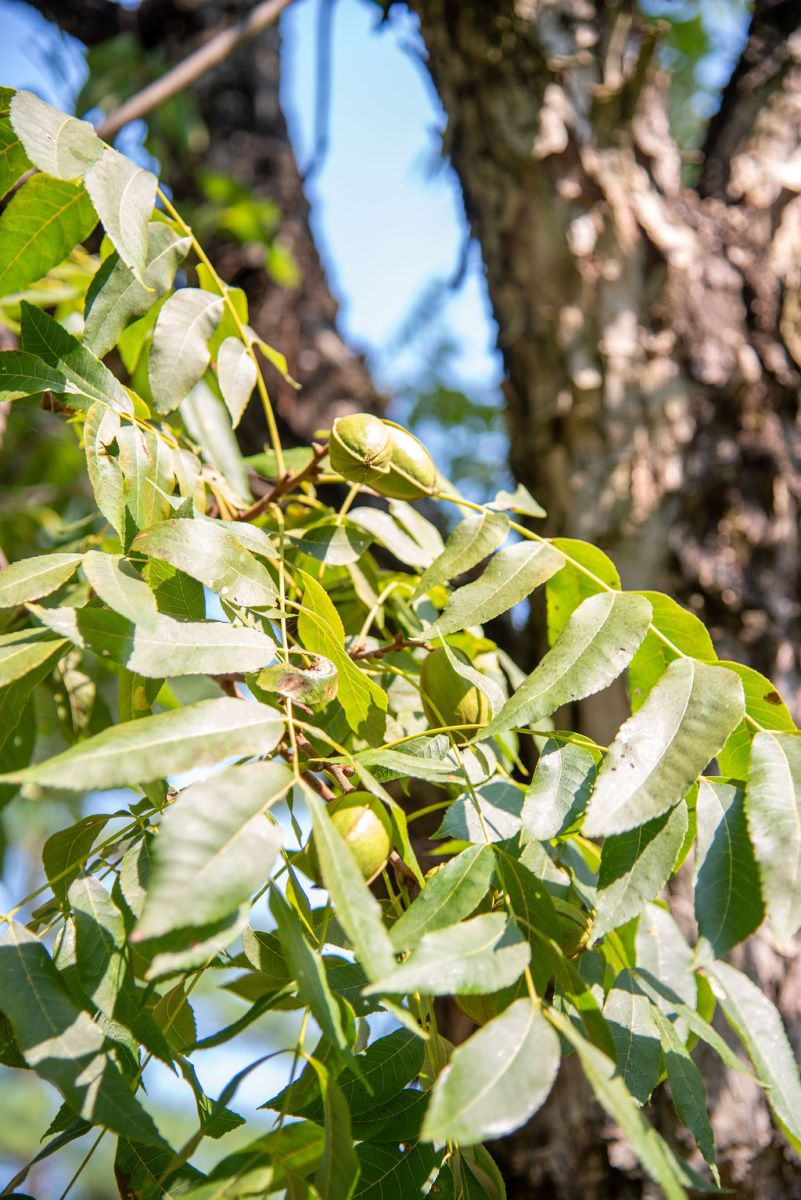
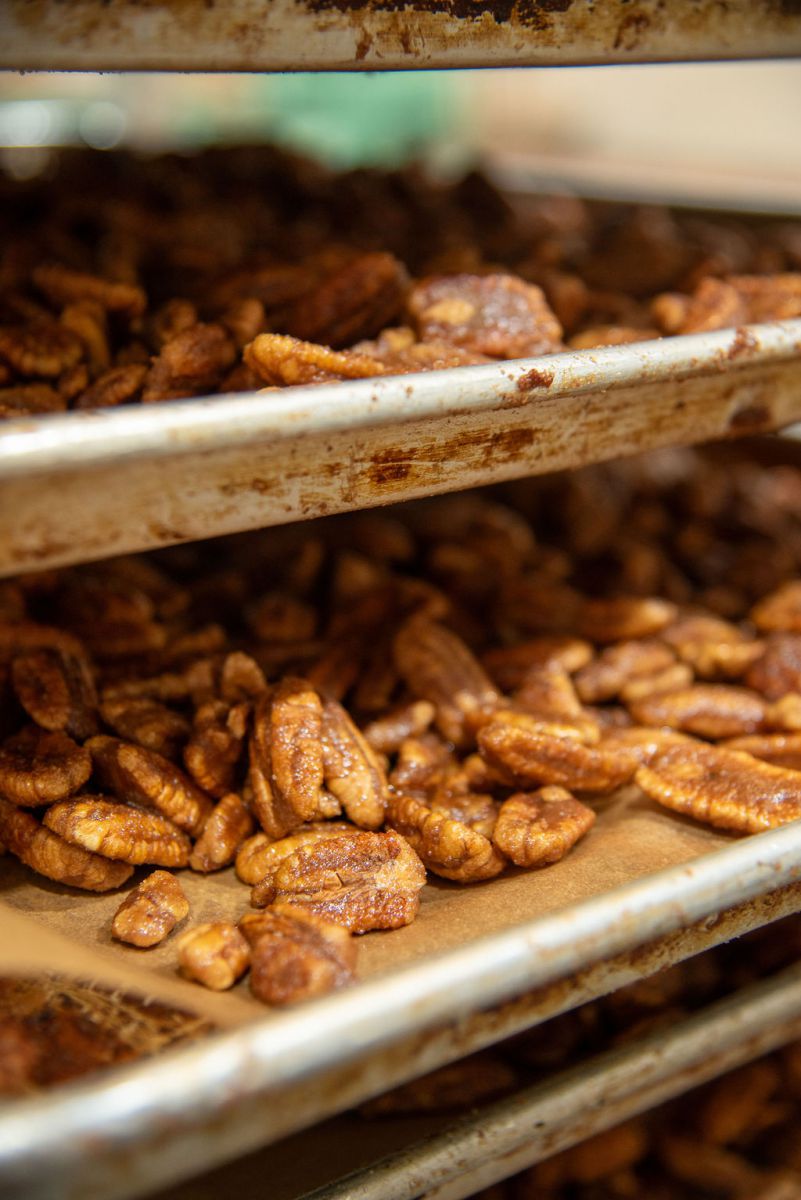
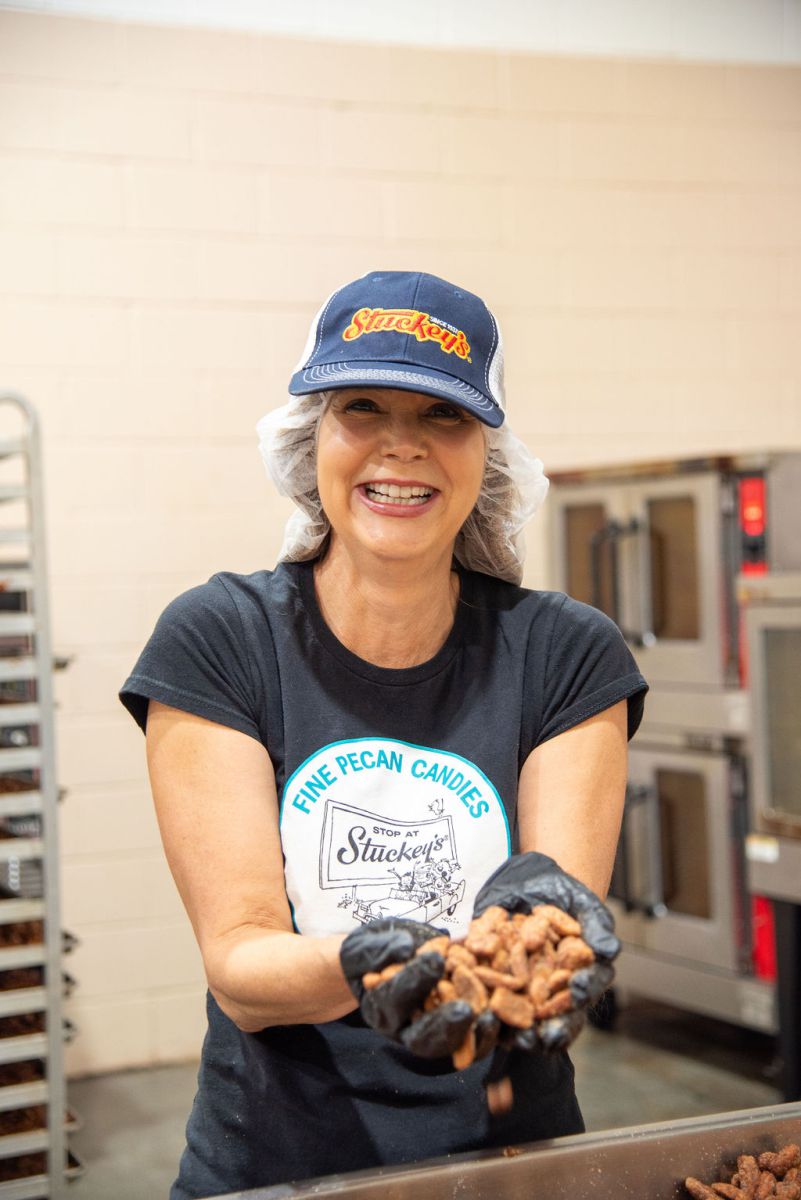
One day, he got the idea that if he sold pecan candy, he might make more money. He ran home to his wife, Ethel, who was playing bridge. The bridge club headed to the kitchen and started experimenting with pecan candy recipes, finally landing on Stuckey’s soon-to-be famous pecan log roll. The bridge club became the candy club, and for many years it was those women who made the brand’s pecan candies.
Things were going so well that by 1948, Sylvester built his own candy plant and distribution center in Eastman. By the 1960s, Stuckey’s became synonymous with the great American road trip and the company reached the height of its success.
So, whatever happened to Stuckey’s?
That’s the question that prompted Stephanie Stuckey in 2019 to make a complete career change and take over what was once her family’s thriving business.
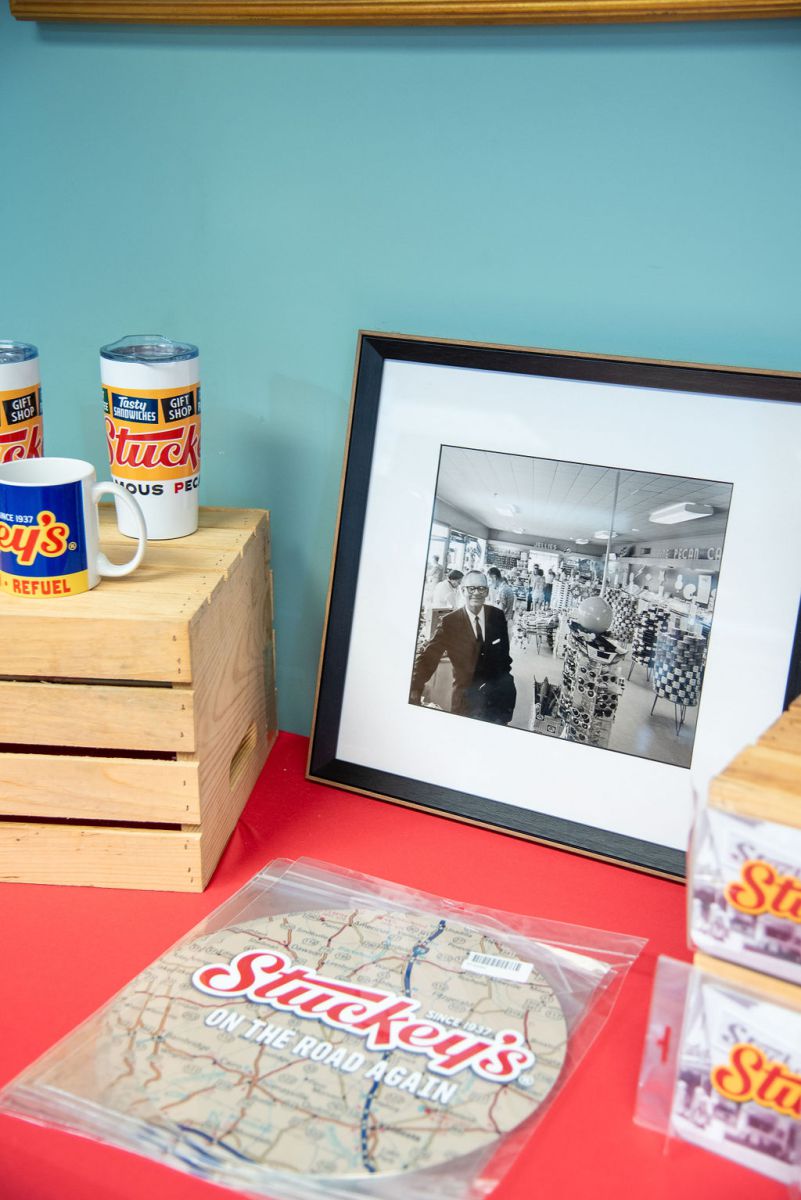
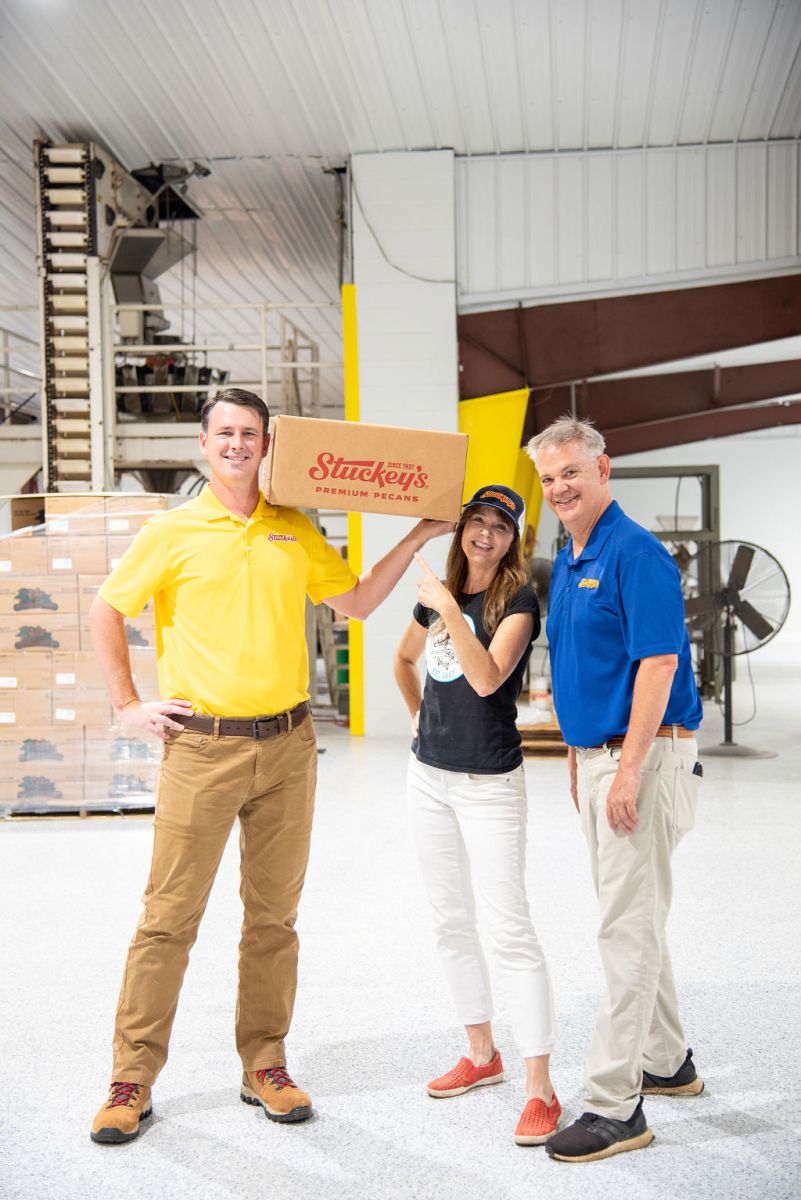
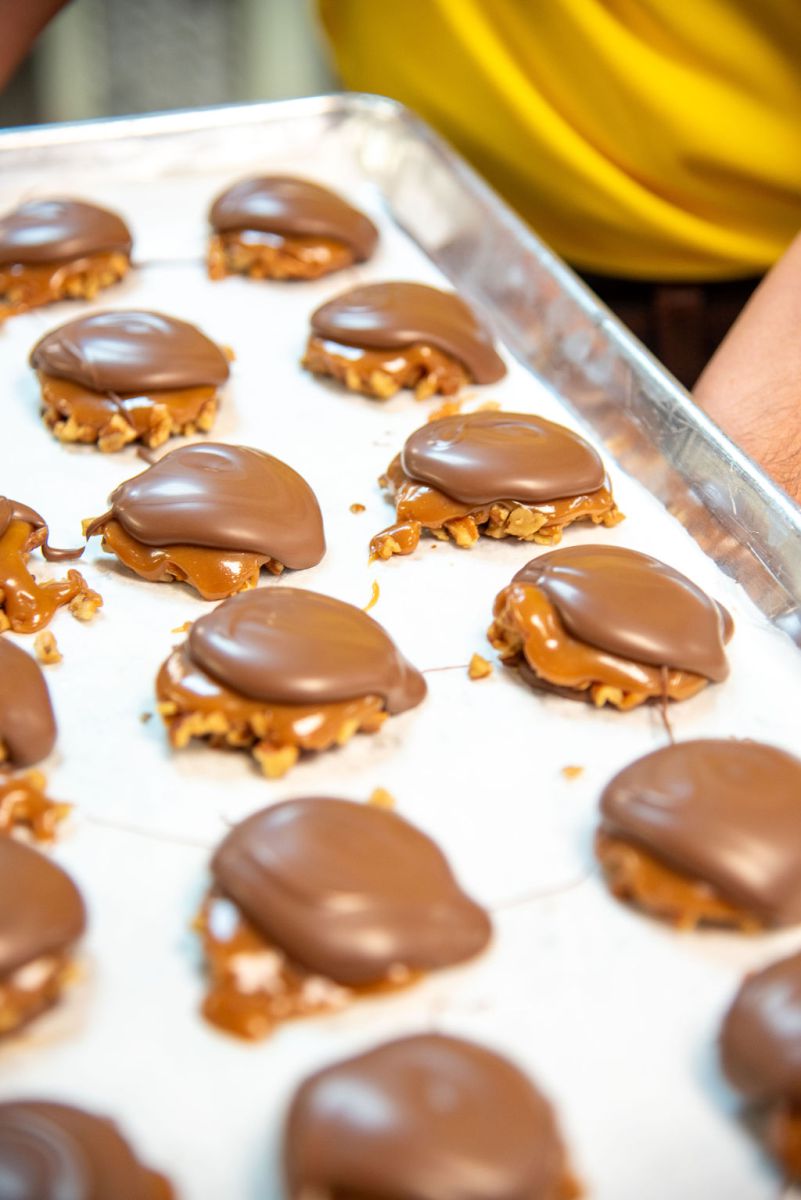
“This was my grandfather’s company and I didn’t want it to become an afterthought. When I Googled Stuckey’s, the top hit was, ‘Whatever happened to Stuckey’s?’ and there were so many stories asking where our company went,” said Stephanie. “It was sad.”
What did happen? In brief, Stuckey’s merged with Pet Milk Company in 1964 to add capital for expansion. Sylvester remained in charge of the Stuckey’s division of the company. However, Sylvester died in 1977 and the company was sold. What followed was decades of outside ownership and mismanagement.
Stephanie’s father, W.S. “Billy” Stuckey Jr., acquired part ownership in the company in 1984 but changing times and the great recession of 2009 hit the company hard.
Meanwhile, Stephanie had graduated with a law degree from the University of Georgia and by 2015 was working for the City of Atlanta as its director of sustainability. She was at her desk when she got a call that her grandfather’s company was once again for sale.
“I thought, ‘I have a chance to change this.’ I realized that this doesn’t have to be how our story ends. So, I did. I invested my life savings because no one would give me a loan. The company was six figures in the red,” she said.
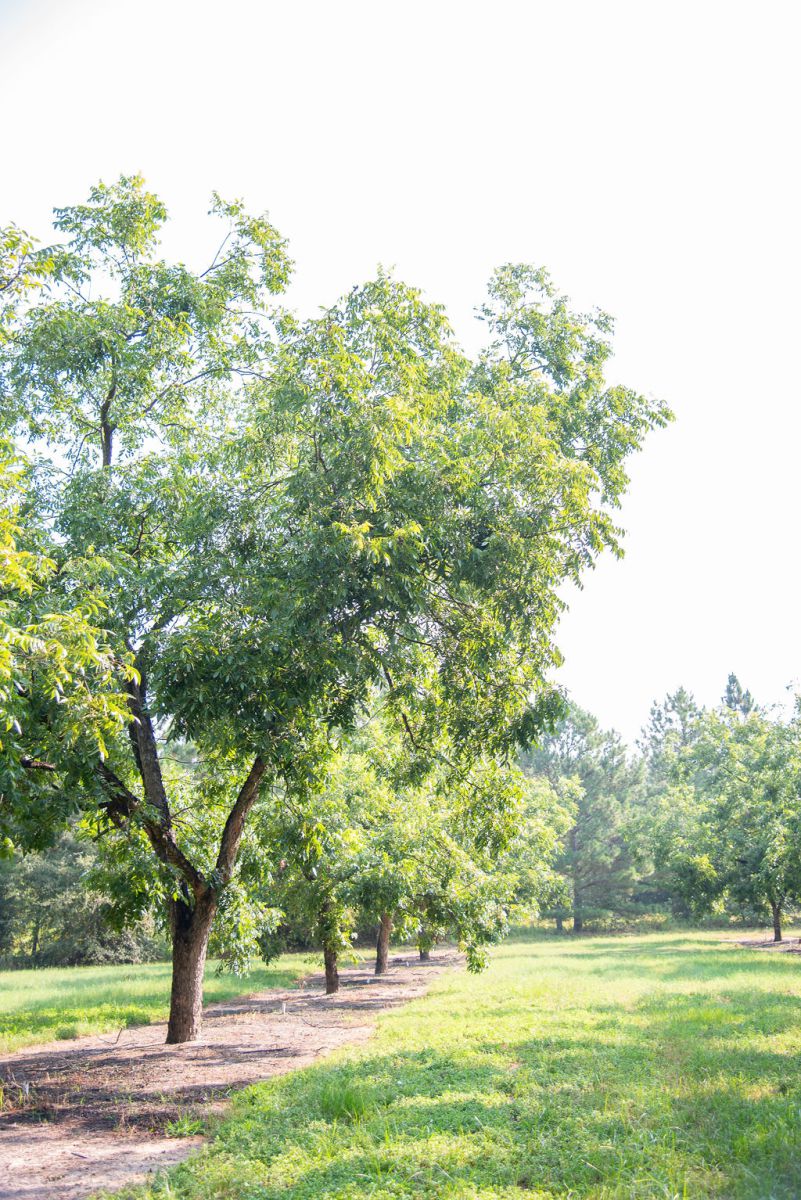
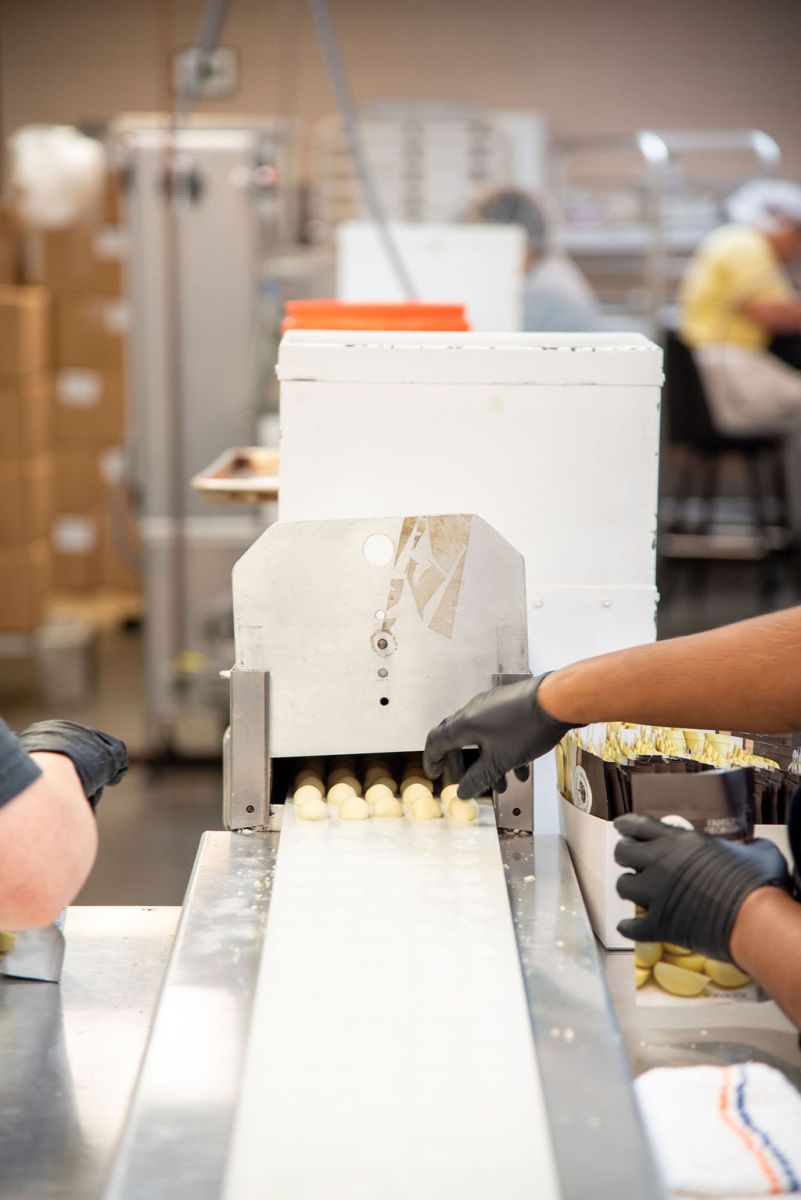
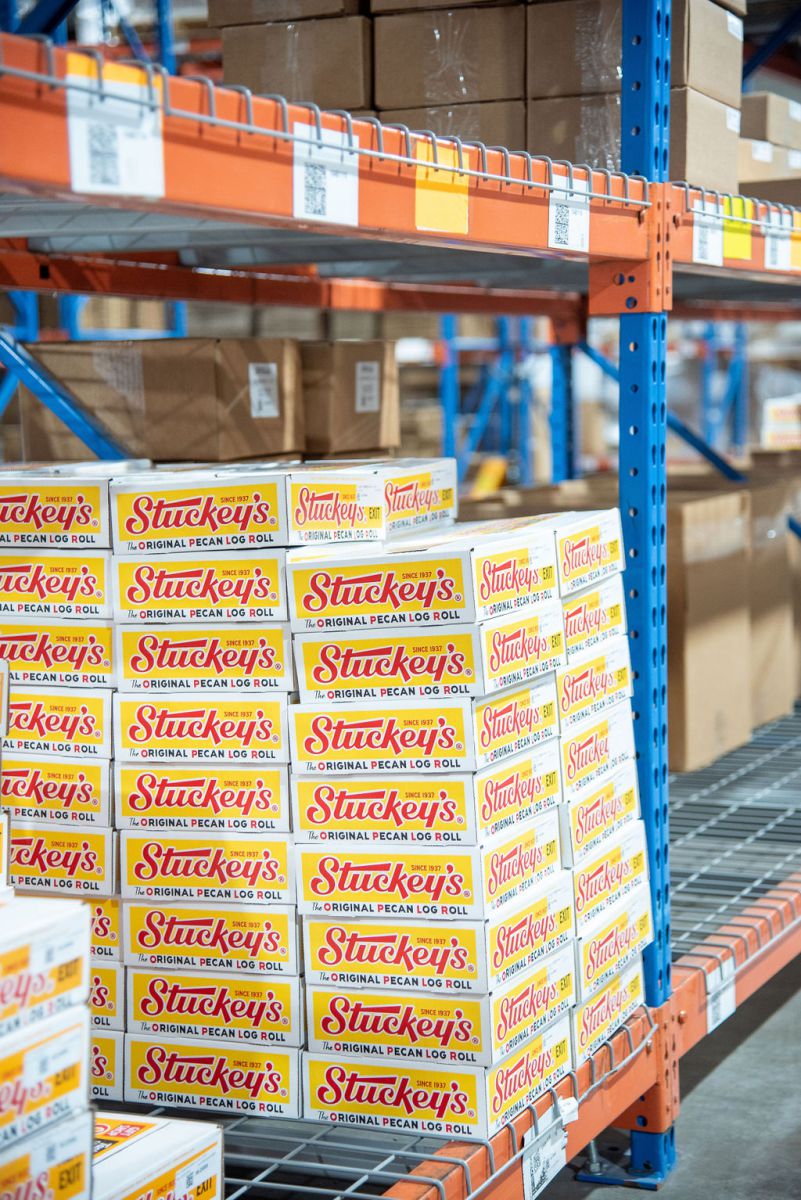
Within six months of her acquisition, the company became modestly profitable and she brought on a key business partner with decades of experience in pecans.
R.G. Lamar is a third-generation pecan farmer with a few thousand acres near Hawkinsville. In 2015, he started Front Porch Pecans, a consumer packaging brand, but found it difficult to pioneer a new brand no one had heard of. He was ready to go in a new direction. That’s when he and Stephanie realized they both could bring something great to the table.
“I knew I needed to do something to grow the Stuckey’s brand and I had to pivot. My family owns about 100 acres of pecan orchards and I was thinking about focusing on pecan production. I realized that R.G. and his family have been managing our family’s orchard for decades. I called him and asked if he’d be open to having a business partner,” Stephanie said. “I feel like I won the lottery when I got him as a business partner. He’s very strong in areas where I am not. He’s good at everything.”
Stephanie and R.G. had a shared vision of what Stuckey’s could turn into as a pecan snack brand.
“We agreed immediately on the vision of the company moving forward, and we continue to agree on the importance of sourcing things locally, manufacturing in America and that farmers are at the center of our brand identity,” said R.G., now CEO of Stuckey’s.
One of the first things they did in 2021 was acquire a facility in Wrens that shells pecans and has a value-added production facility to make candies and snacks.
“We made the decision later to get out of the shelling business and focus on the value-added part and have moved forward with know-how, creativity and innovation,” R.G. said. “That focus changed Stuckey’s from previously being a distributor with a wide assortment of offerings, to now being the go-to company for adding value to pecans. Anything between the sheller and consumer, we want to do that for people and be the brand people think about.”
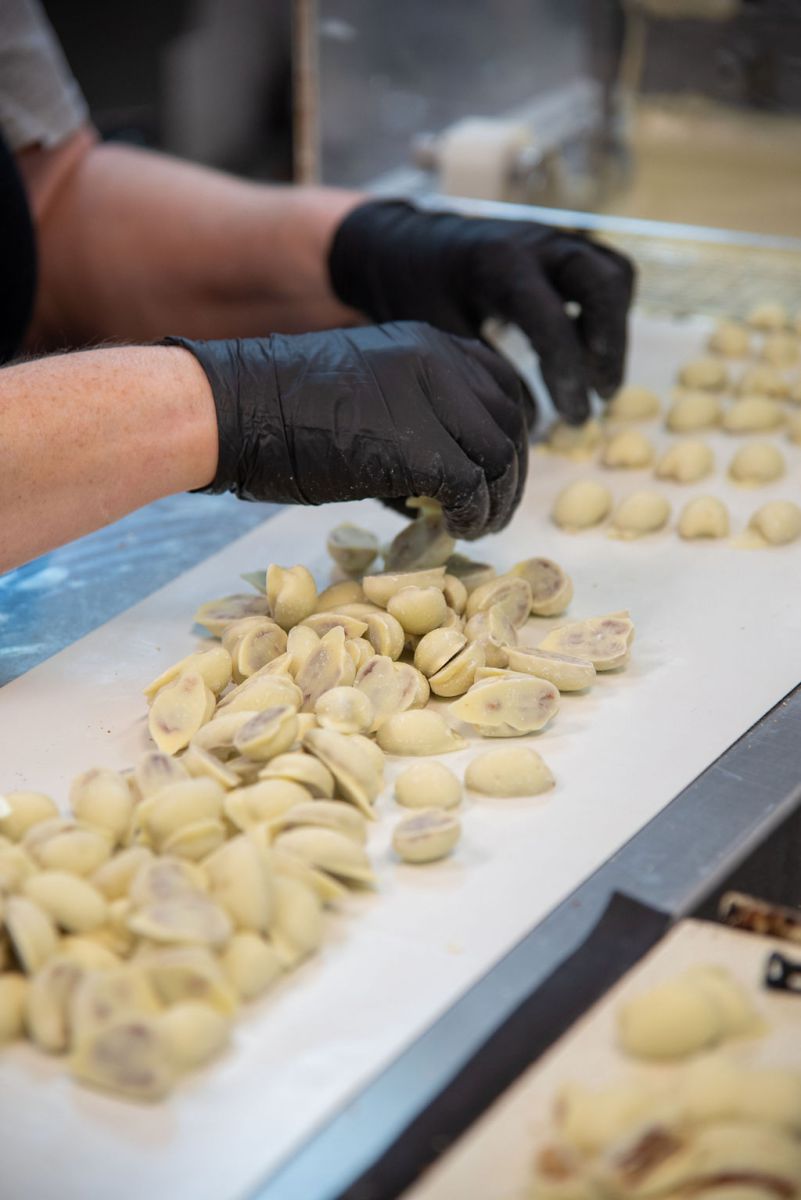
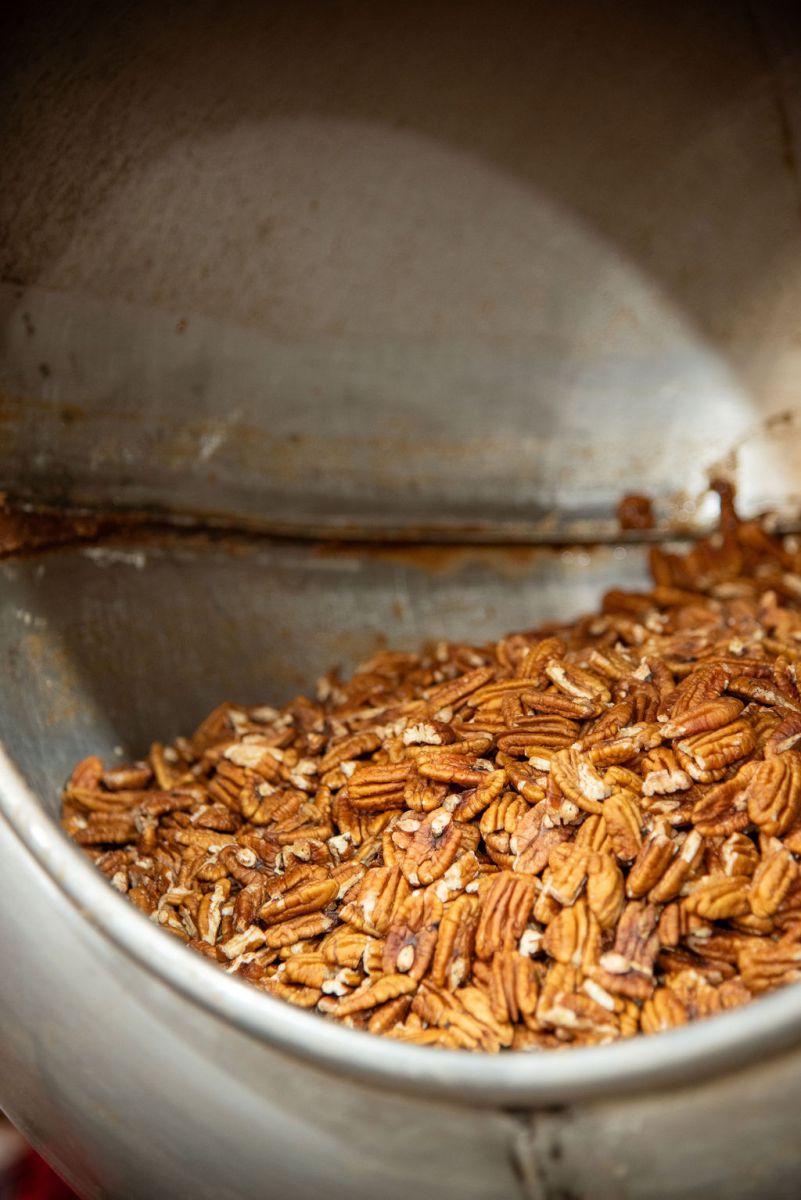
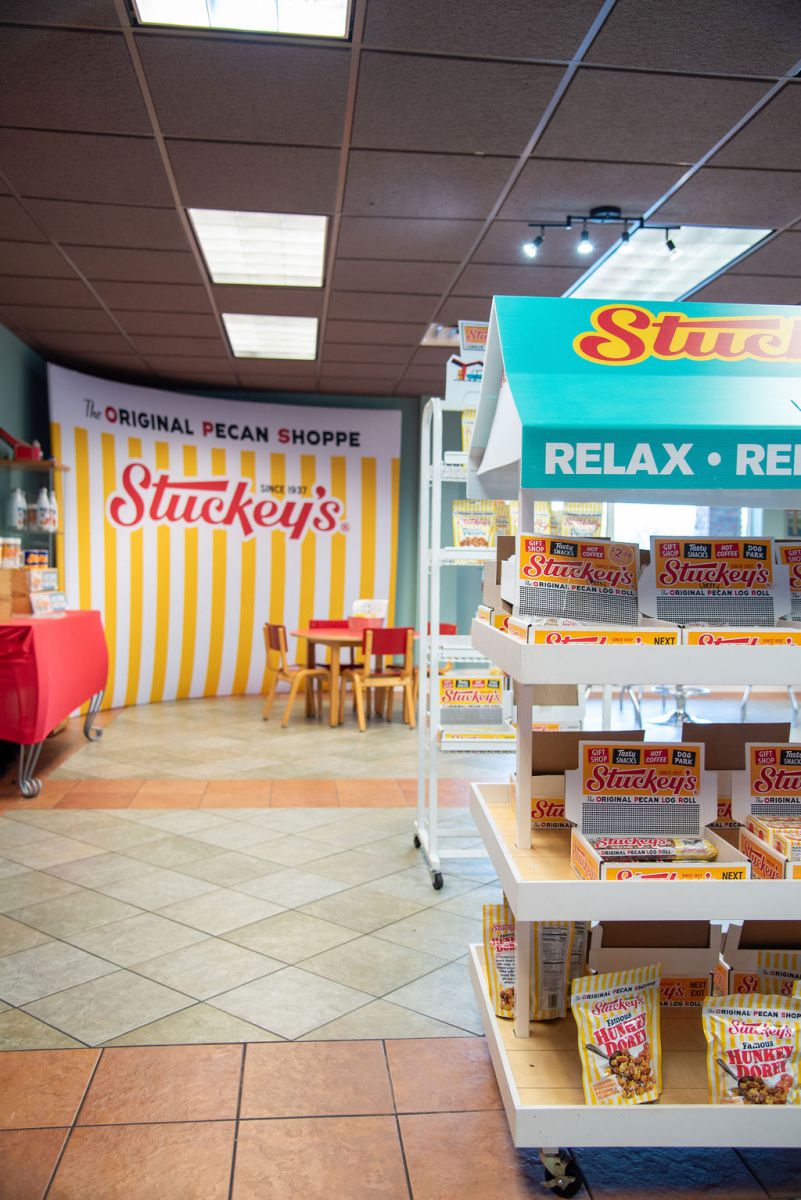
The company now has five core pecan snack flavors, and sales are climbing.
“We want to be the go-to snack brand for pecans anywhere in the world,” said Stephanie, now chairwoman of Stuckey’s. “We think it’s doable because we live in the state that, since the 1950s, has made more pecans than anywhere else on the globe. There’s no better place to have a pecan company than the great state of Georgia. It’s pecan central and our company has been around since the Great Depression making pecan snacks. We can make pecan snacks better than anyone else, and we want to occupy that space on snack aisles.”
While Stuckey’s still has a few roadside stands, primarily the blue-roofed buildings remain a nostalgic bit of Stuckey’s history. Stephanie said the brand’s future lies in selling their snacks to third-party retailers such as gas stations, grocery stores and specialty outlets. R.G. said he believes that in five years, the company could top $50 million in sales. That’s not too bad for what’s still a small-town business.
“We really pride ourselves in being located in Wrens, Georgia, population 2,500. We like being in a rural community, and we think that big things happen in small towns. We’re close to the farmers who are growing our pecans, and we like that connectivity,” Stephanie said. “Pecans are a good tasting, healthy, sustainable nut. And there’s nothing more sustainable than getting your food from the land and knowing your farmer, and that’s what we’re doing.”
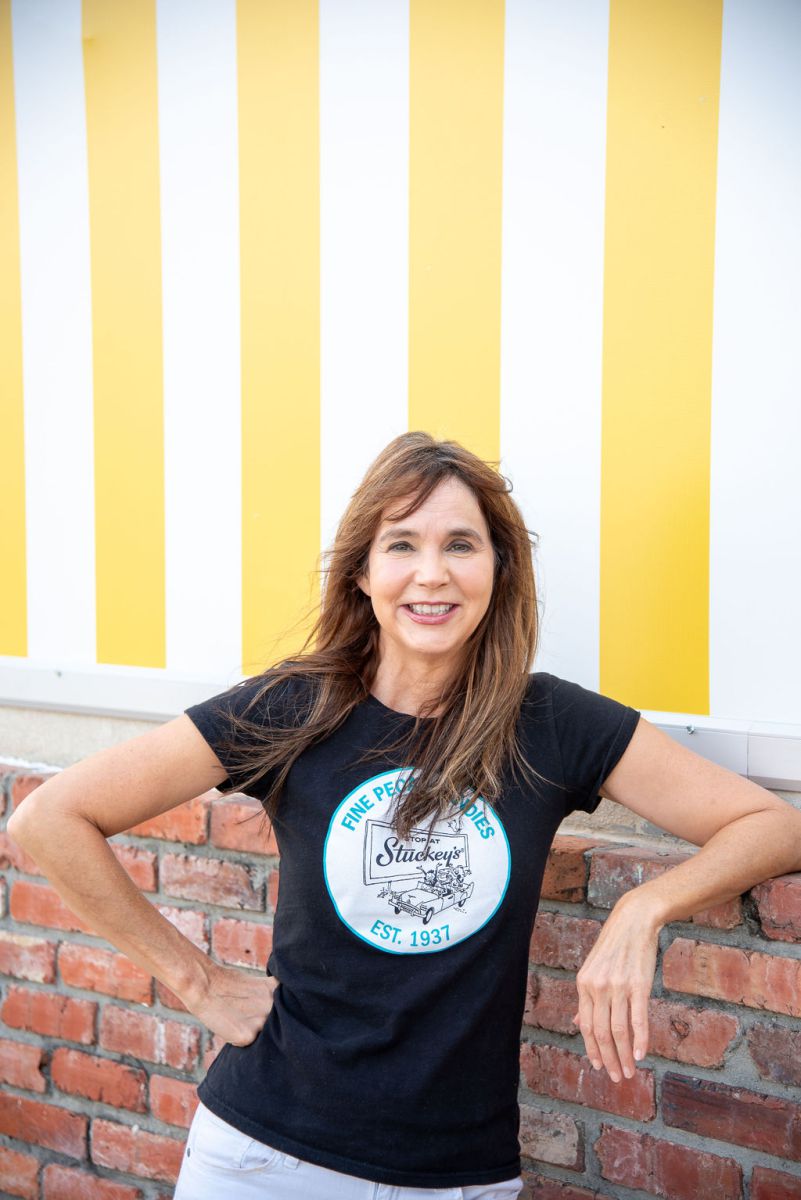
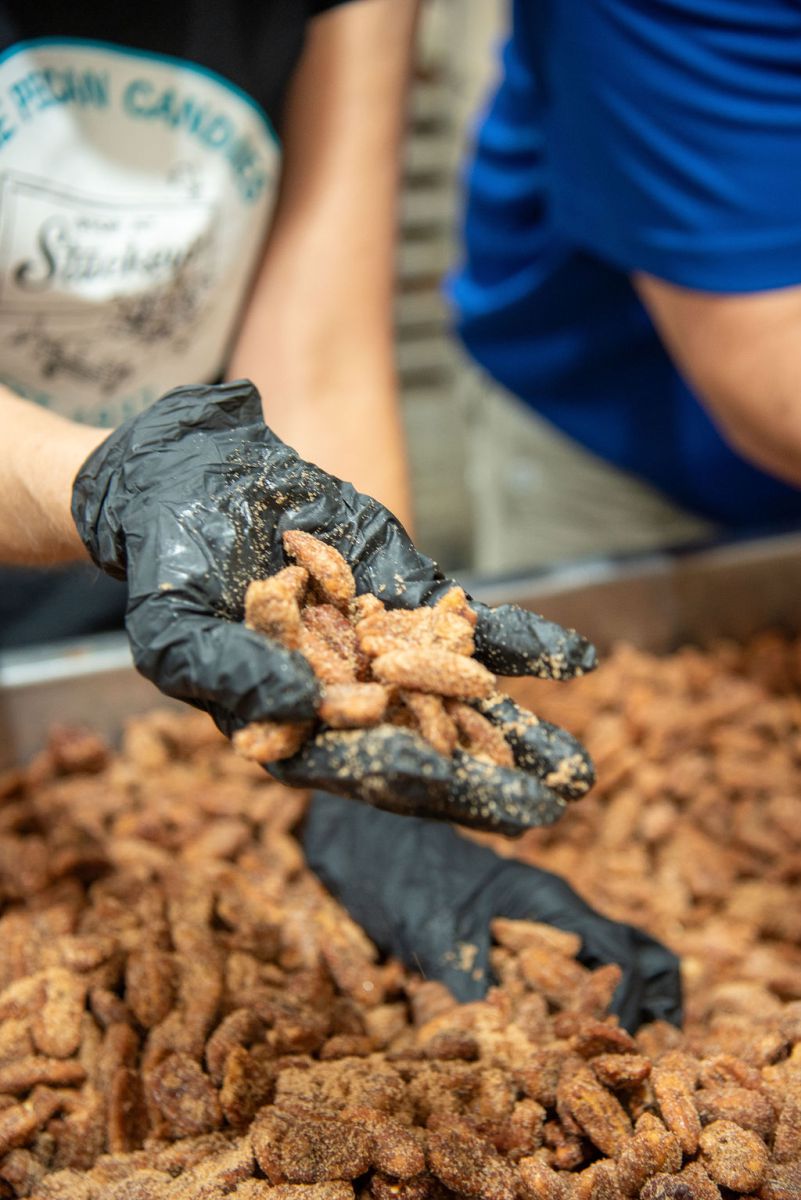
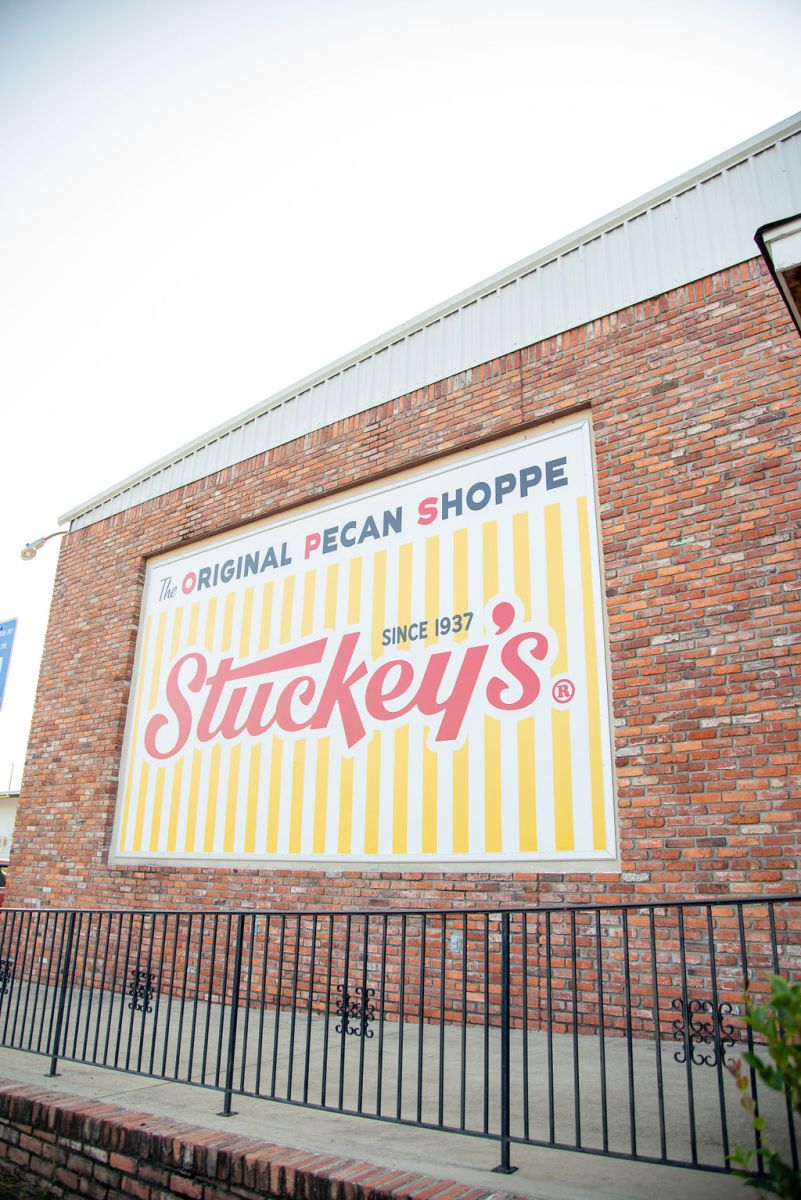
As R.G. and Stephanie continue to navigate growing the brand, R.G. watches over the day-to-day operations from his home in Augusta, and strategizes on where to take Stuckey’s next.
From her home in Atlanta, Stephanie spends time connecting with others in the community, going to trade shows and telling the story of a once-famous brand and its recent-day renaissance.
“I love telling the Stuckey’s comeback story to others,” Stephanie said. “It’s my goal to bring hope and inspiration to others who are figuring out how to revive their businesses, their farms or even their lives. Comebacks come in many different forms, and this is just our story.”